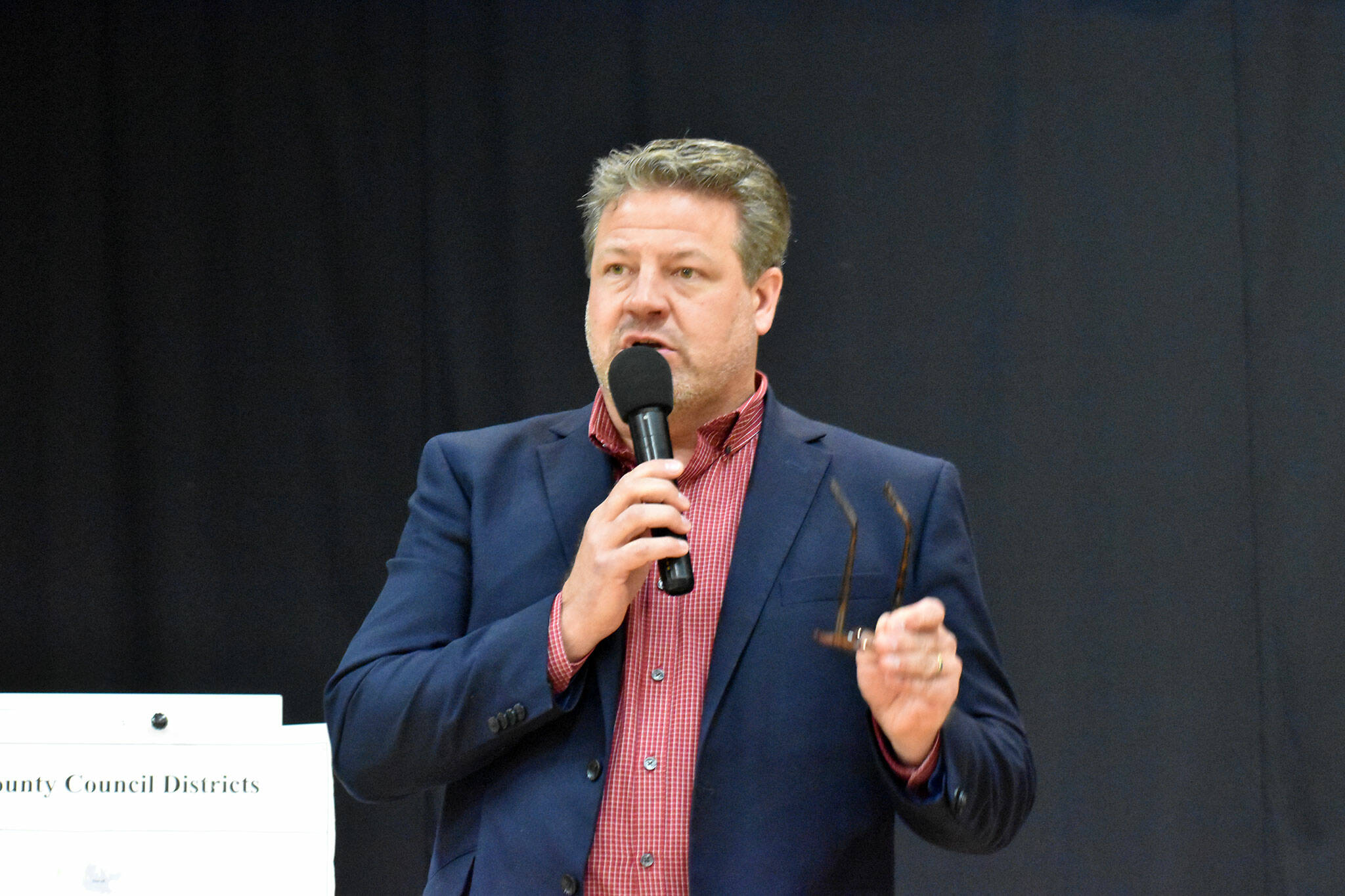On Oct. 2, King County Councilmember Reagan Dunn sent a letter to Washington State Auditor Pat McCarthy requesting state performance and financial audits of King County-funded juvenile diversion programs.
In his letter, Dunn expressed concerns over the programs lack of collected performance metrics that can demonstrate success in rehabilitating juvenile offenders and the lack of transparency about the financial workings of the County-funded private organizations that provide diversion services.
“To date, King County has allocated $17.5 [million] in public funds to 18 private organizations that are responsible for preventing youth gun violence and incarceration by treating juvenile offenders outside of the judicial court system,” Dunn wrote in his letter. “Alarmingly, these organizations do not track collect metrics that would demonstrate meaningful success, such as whether the juvenile offenders complete all requirements of the rehabilitation program or not, or whether the juvenile offenders commit future criminal charges.”
In his letter, Dunn also expressed concern that because of this lack of information, it is not known whether these programs benefit either public safety or the juvenile offender.
“Surely, it is reasonable to seek metrics on the success of these organizations that are receiving public funds so we can know if they are fulfilling their obligations,” he pleaded in the letter.
Dunn’s letter points out that the county’s Restorative Community Pathways program openly stated on their website: “The county does not determine what our program looks like or how we go about practicing restorative justice, and they have no control over the funds we receive … they are not our allies or colleagues.”
Dunn argued that oversight and accountability measures are needed for the county’s program.
“As a former federal prosecutor, I know that juvenile diversion programs, if done right, are an invaluable component of a juvenile justice system. Successful diversion programs can reduce future delinquency, prevent recidivism, and, importantly, help young people live out their potential by giving them the opportunity to re-route their lives.” Dunn wrote in his letter. “We must have diversion programs available for juvenile offenders that are not just feel-good measures, but are clearly successful in improving their decision-making and altering their trajectory, giving them hope for a future that isn’t defined by the long-term consequences associated with committing crimes.”
Dunn urged that it is “pertinent” that King County balances the need for juvenile diversion services against the responsibility to provide public safety and justice to victims.


